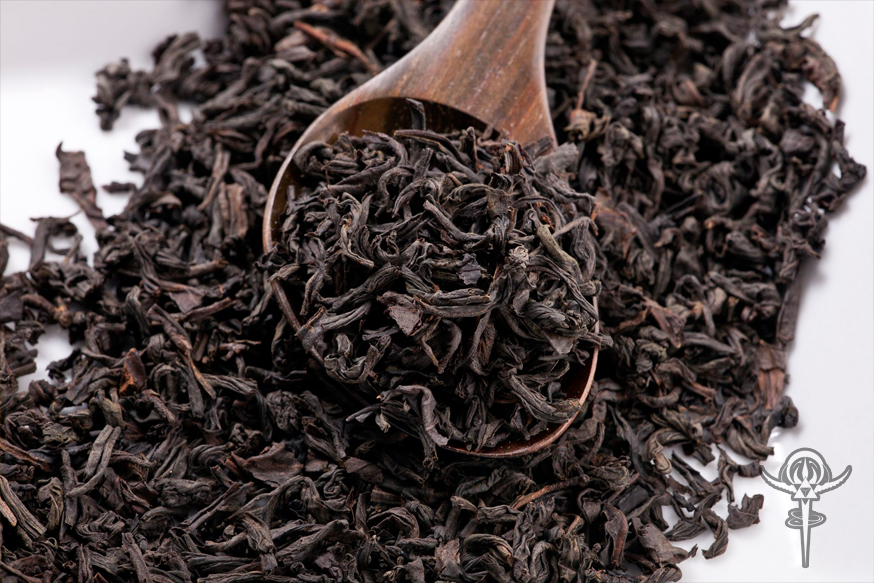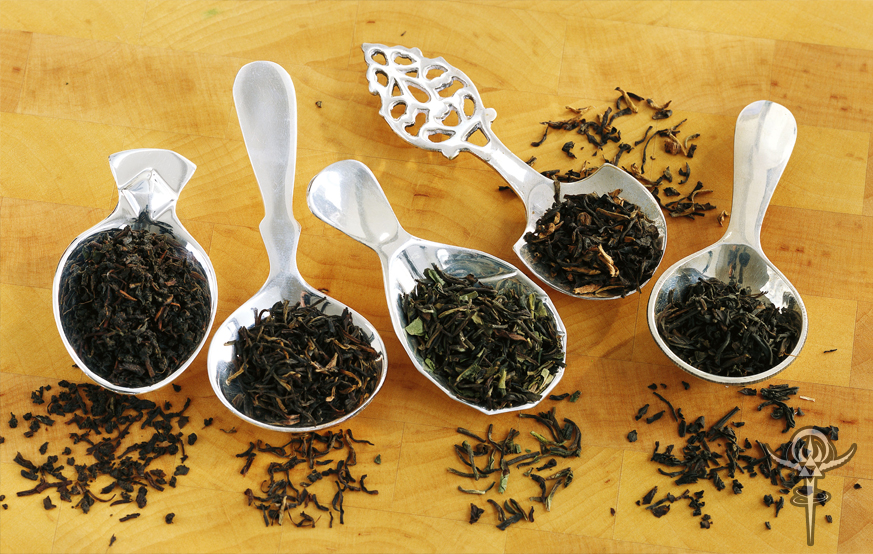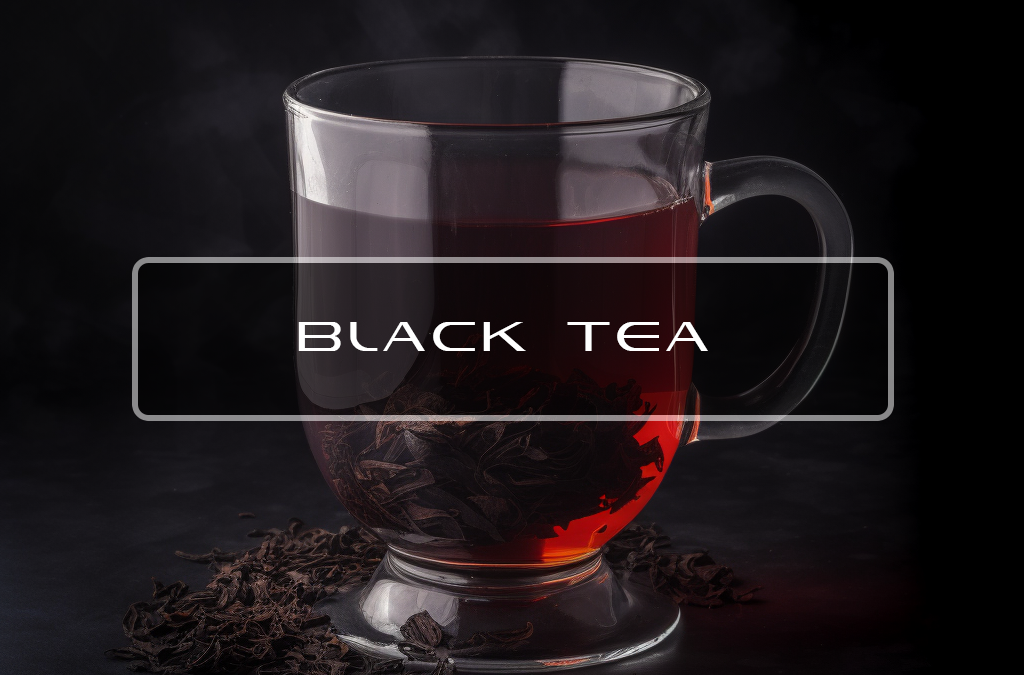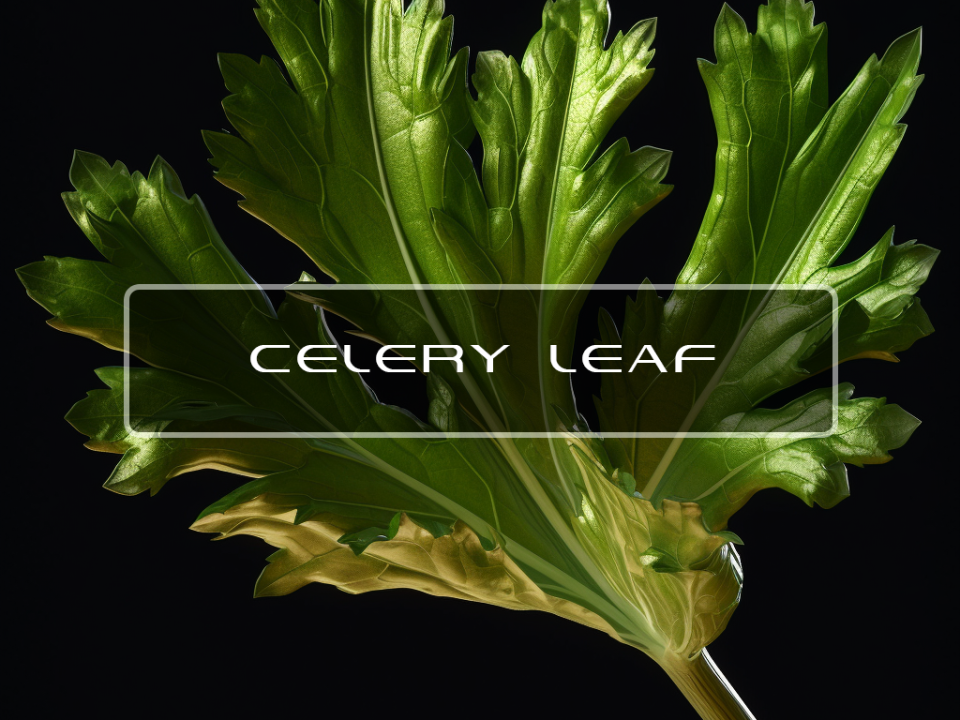Bitter Melon
January 4, 2018Catuaba Bark
January 8, 2018
Black tea is made from the leaves of the Camellia Sinensis plant. This type of tea accounts for over 90% of the tea sold in the west and is the world’s second most popular drink after water.
Black Tea contains theaflavins and catechins, both antioxidant poylphenols, which are multifunctional compounds shown to be effective in various cancers, cardiovascular disease, inflammation, obesity, metabolic syndrome, and neurodegenerative diseases.
(Article)
Until recently there has been an ongoing debate on which tea, green or black, was more abundant in antioxidant catechins. According to a study it was shown that black and green tea both equally have effective antioxidants. Therefore the benefits gained from either black or green tea are comparable, while both assisting promotion of health and well-being.
(Article)
Black tea contains a compound known as catechins, a powerful antioxidant within the tea which has a special ability in fighting cancer-causing cells and it assists in heart disease prevention. Another compound known as tannins gives the black tea their atringency, and guanine a natural stimulant similar to caffeine.
Flavonoids within black tea are what contain the polyphenols which aid in disease prevention. Did you know that a single cup of black tea has an average dose of 200mg of flavonoids? Most doctors now recommend that a 600mg dose of flavonoids per day is beneficial for our health. Two of the most powerful polyphenol antioxidants in black tea are thearubigin and theaflavin. A thing to note is these two compounds have a greater concentration within black tea rather than green tea.
Black tea is low in sodium and calorie content and offers a bold flavor that can be a good substitute for those who drink unhealthy beverages such as soft drinks.
Why would you use Black tea? Most drinkers of black tea utilize it for the alertness and energy it provides via four stimulating psychoactive substances including Caffeine, Theophylline, Theobromine and Theanine. (Article)
Oral Health - A study funded by the Tea Trade Health Research Association has shown that black tea reduces plaque formation in the mouth as well as provide an extra layer of protection for bacteria growth that cause cavities and tooth decay.
(Article)
Stroke Prevention - A study found that individuals who consumed an average of 3 or more cups of tea a day had a 21% reduction for risk of stroke. This was compared to a test group that consumed less than 1 cup of black tea a day.
(Article)
Cancer Prevention - Over the years research has suggested that antioxidants such as polyphenol and catechins within black tea may assist in preventing several types of cancer. It has also been suggested that women whom drink black tea more often showed a lower chance of developing ovarian cancer. Results from studies in animals showed black tea protects against lung, forestomach, esophagus, duodenum, pancreas, liver, breast, colon, and skin cancers.
(Article)(Article)
Antioxidants - As mentioned above the amazing tea contains polyphenols which are antioxidants that assist in blocking damaged DNA associated with tobacco and other toxic chemicals. The antioxidants within this tea are different than those obtained when eating fruits and vegetables.
(Article)
Anti-diabetic - Studies were carried out to evaluate the effects of black tea on diabetic rats. Black tea significantly reduced blood glucose levels and was found to have both preventive and curative effects on diabetes.
(Article) Osteoporosis - It has been shown that drinking black tea can be a beneficial calcium supplement. A study facilitated on rats showed promising results in menopausal bone loss.
(Article)
Stress Relief/ Cognitive Enhancement - Studies have shown that L-Theanine a psychoactive amino acid found in black tea can assist in relaxing the body and allowing you to concentrate better. Caffeine is great for concentration, improving attention, and focus but also increases heart rate, blood pressure, and anxiety. Combined Theanine balances Caffeine by reducing heart rate and blood pressure as well as induce relaxing alpha brainwaves.
(Article)(Article)
Increased Energy - The amount of caffeine in tea is of a very low amount in comparison to coffee or energy drinks so it can gently enhance blood flow to the brain without overwhelming the senses. It is also shown to stimulate our metabolism and respiratory system.
(Article)
Lower Cholesterol - According to a study black tea consumption reduced LDL cholestrol by 7.5%. This study concluded that when including black tea in your diet cholesterol is reduced by significant amounts and therefore reducing the risk of heart disease.
(Article)
Neuroprotective and Neurorescue effects in Parkinson’s Disease - A study conducted in China cited that black tea showed a reduction in Parkinson's disease risk; ingredients other than caffeine seem to be responsible for this. Results suggest that Black Tea exerts both neuroprotective and neurorescue effects and that daily intake may slow down progression as well as delay the onset of Parkinson’s related neurodegeneration.
(Article)(Article)










